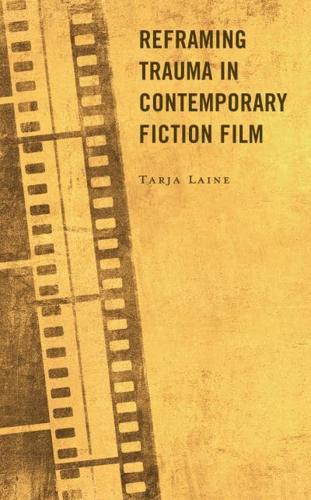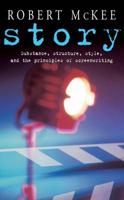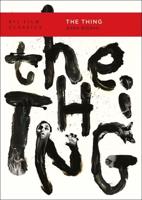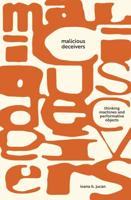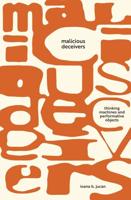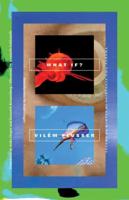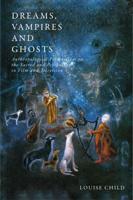Publisher's Synopsis
This book provides insights into how cinema shapes itself by emotionally involving its spectator with the pathology of memory that lies at the heart of trauma. Tarja Laine demonstrates that traumatic cinema can be an important source of ethical knowledge, both within and beyond the cinematic world, and argues that it communicates the inability to process a traumatic event by means of its aesthetic specificity as a time-based medium. The films discussed in this book do not necessarily narrate trauma, Laine posits, but embody the aspect of trauma that resists narrativization, being transactive rather than communicative. Ultimately, this book demonstrates that there are many modes of engagement by which spectators can relate to trauma affectively as embodied subjects and through their reflective consciousness, both methods of which leave traces. Scholars of film studies, media studies, and philosophy will find this book of particular interest
